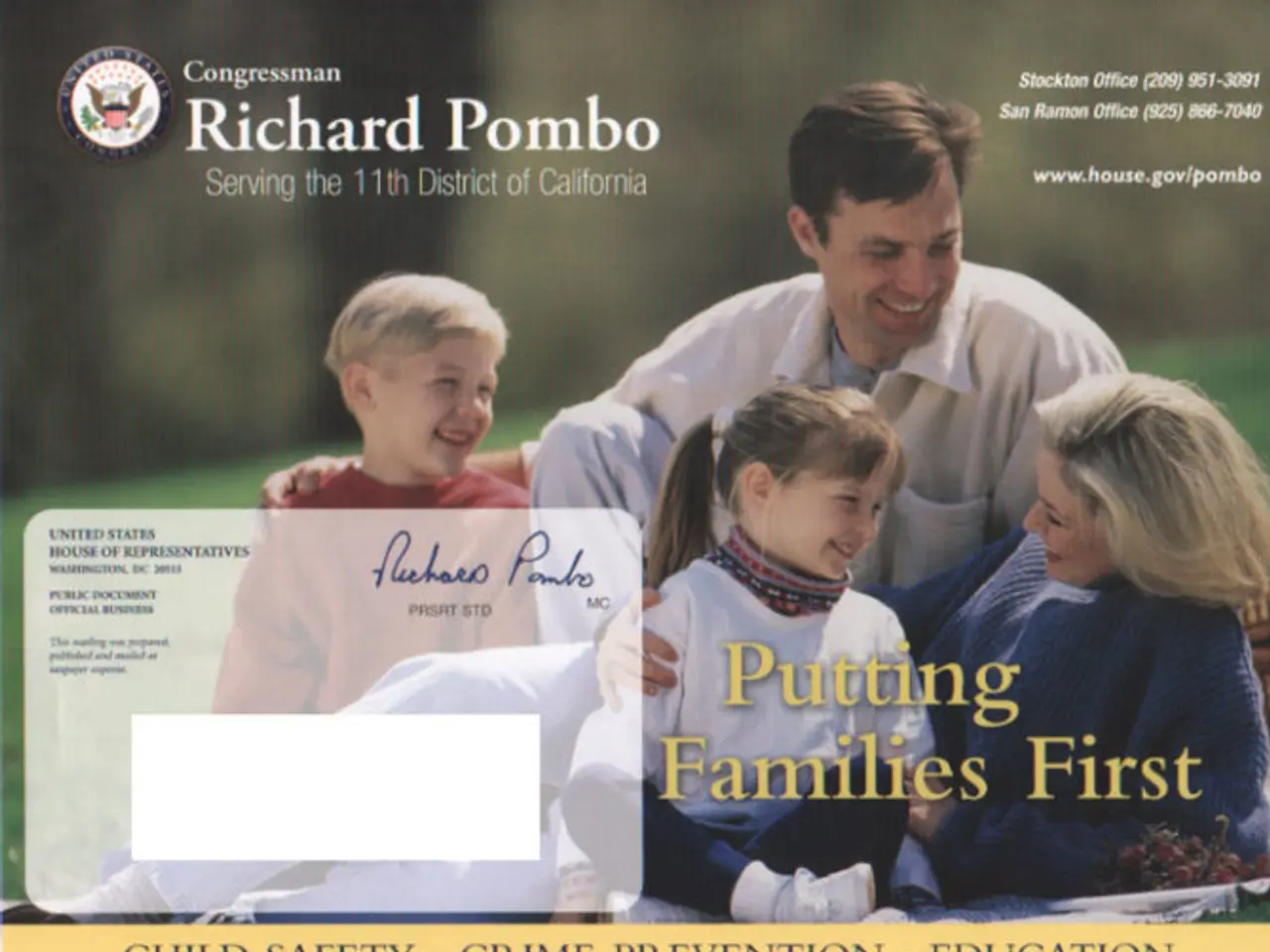Exposed Phrases on Popular Social Platforms Reflecting Your Mindset
====================================================================================================================
The World Well-Being Project (WWBP), based at the University of Pennsylvania, delved into the fascinating world of social media language with their 2013 study, "Personality, Gender, and Age in the Language of Social Media: The Open-Vocabulary Approach". This pioneering research aimed to explore the connection between personality traits and language use on social media platforms.
The study, which analysed over 700 million words, phrases, and topic instances collected from the Facebook messages of 75,000 volunteers, employed two innovative methods: Differential Language Analysis (DLA) and Linguistic Inquiry and Word Count (LIWC). These methods allowed the researchers to find demographic and psychological attributes hidden within the vast sea of social media data.
The study's key findings revealed that personality traits have a significant impact on the way we express ourselves on social media. For instance, extraversion correlates with language expressing social engagement, positive emotions, and words related to friends and social activities. On the other hand, neuroticism is linked with negative emotions and anxiety-related words.
The WWBP study's novel open-vocabulary method leveraged machine learning to extract the most statistically relevant words and phrases from social media posts and relate them to personality traits, gender, and age, rather than relying on fixed dictionaries or theories. This approach allowed the study to map natural language use to psychological traits on a large scale, paving the way for future research in this area.
The study found that low conscientiousness people use very explicit words in their updates, while high conscientiousness people favour phrases. Introverts were found to be interested in Japanese media, such as 'anime', 'manga', 'internet', and Japanese style emoticons. Males used more swear words and object references, while females used more emotion words, first-person singulars, and psychological and social processes.
As people age, the use of 'we' increases, whereas 'I' decreases, suggesting the increasing importance of friendships and relationships. People high in neuroticism commonly mentioned phrases like 'sick of', 'depressed' and 'I hate'. In contrast, low neurotic individuals wrote about enjoyable social activities that foster harmony or create a greater emotional balance, such as 'sports', 'vacation', 'beach', 'church', 'team', and a family time topic.
The DLA method, used in the study, extracts language by feature extraction, which includes words and phrases, emoticons, and topics automatically analysed from large collections of unlabeled text. This method also performs Correlational Analysis, which correlates words with gender, age, and personality.
The WWBP study's findings offer valuable insights into our online behaviour and the way our personalities shape our social media language profiles. These insights can potentially be used to develop more accurate personality assessments and to better understand the dynamics of social media interactions.
In conclusion, the WWBP study demonstrates that social media language is a rich and valid signal reflecting enduring psychological differences between people. By understanding these patterns, we can gain a deeper understanding of human behaviour and communication in the digital age.
- The novel open-vocabulary method used in the WWBP study revealed that entertainment-related words, such as 'anime', 'manga', and 'Japanese style emoticons', are more prevalent in the posts of introverts.
- The study's findings suggest that the way individuals express themselves on social media, including entertainment topics, can be linked to their personality traits.




